When managers take the 5/5/5 Coaching Skills Training Program from Coaching Out of the Box® there is often a lively discussion about where the line is between managing and coaching. So I’d like to take a minute here to give you my take on this.
Professional coaches are trained to step away from their own agendas and assumptions in order to coach most effectively. They hold an open space for the people they are coaching to discover their own resourcefulness by supporting and encouraging them to reach deep into their own wisdom and creativity to discover answers and solutions for themselves. Managers usually don’t have this luxury. They have deliverables that must be met and must manage performance to meet them. This almost always means there is an agenda for the manager when they enter into performance conversations. So if this is the case, why should managers even go to the trouble to learn coaching skills?
There are several compelling reasons and they correlate directly to using coaching skills as dialog tools. For example, a manager can hone listening skills to listen for what may be underlying performance challenges or listen for what is not being said by the employee that needs to be brought on the table. Developing the skill of open ended questions can create enormous discovery for both the manager and the employee. Challenging the employee by making big requests that stretches the employee and using language and actions to support them while they move into that challenge can have a huge impact in an employee’s performance.
Managing poor performance can be a bit trickier, but again, using targeted coaching tools could make all the difference. If used well, both the manager and the employee would work through a clarifying dialog to both identify where and what the lack of performance is. Once defined, underlying causes can be explored and discovered by the manager and employee by the manager asking open ended, penetrating questions. Once those underlying causes are articulated, a strategy can be built by getting clear about the gap between where the employee is at that moment to where they need to go. Performance benchmarks and a timeline can then be co-created between the manager and the employee. Ensuring the employee has the resources available to them and the obstacles clearly identified sets up the final step to clear the way for success.
This approach, what we call the coach-approach at Coaching Out of the Box®, sets up a dynamic that allows the employee to be heard in the dialog and gives them say in their performance improvement process. They are left feeling like they have a success and accountability partner in their manager to improve their performance instead of a warden. It often leaves the employee feeling valued versus punished.
A recent Gallup study showed that the single most important factor in whether an employee stays in a job is the quality of the relationship with their direct superior. Half of the factors identified in the study that directly related to engagement, productivity and retention had to do with the employee feeling valued. While there is a distinction between coaching someone in a fully engaged coaching process and taking a coach approach with an underlying agenda, both can be incredibly powerful.

